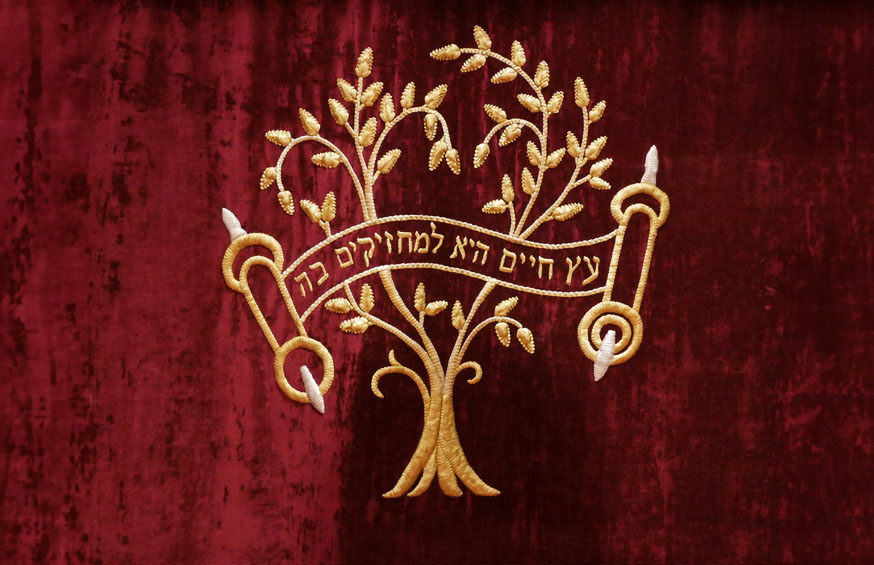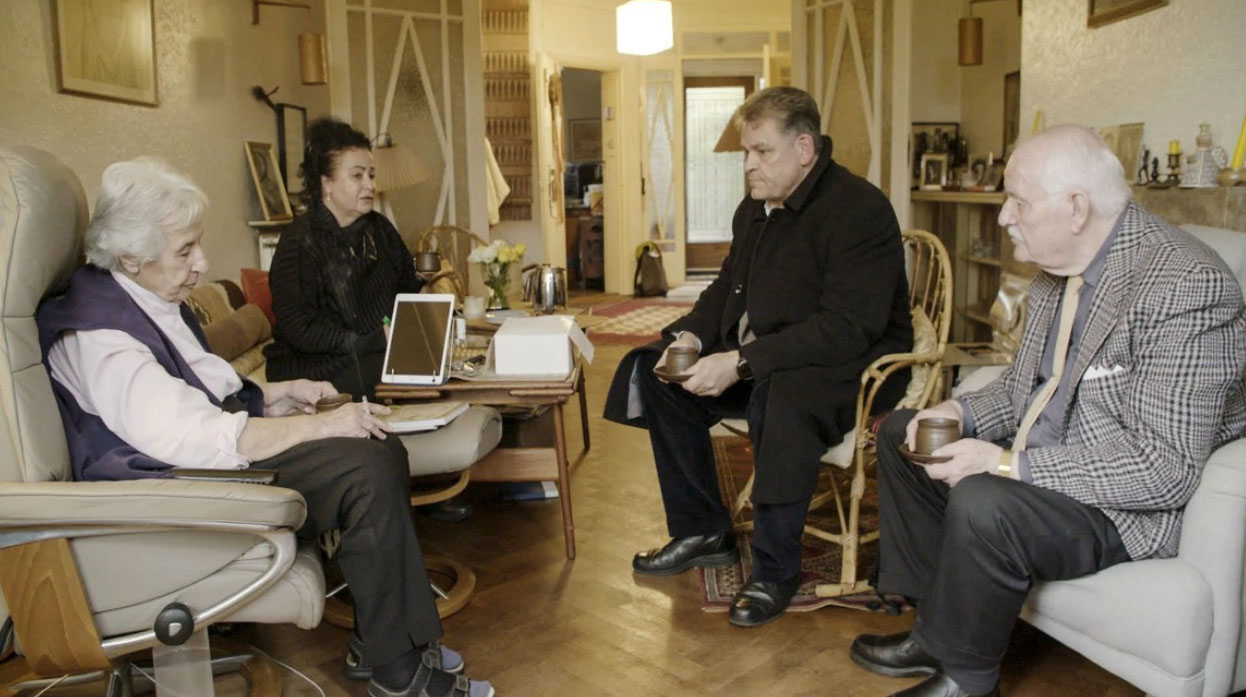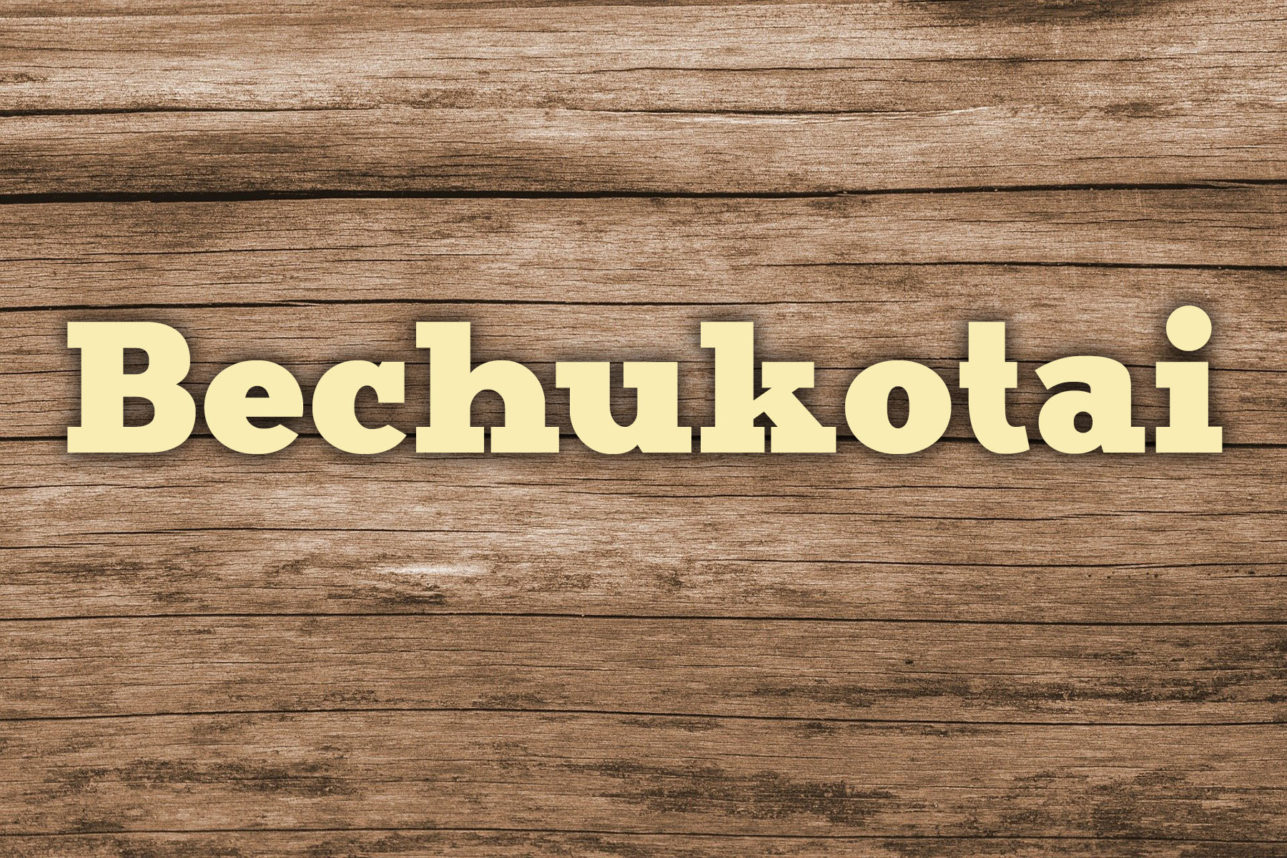Although the U.S. Constitution declares that the government can’t administer a religious test to presidential candidates, individuals are certainly free to judge politicians using whatever religious criteria they wish. One popular topic of discussion among Mormons in this election year is the extent to which the “anyone-but-Romney” sentiment expressed by Republican voters in the primaries is a manifestation of anti-Mormonism. While many conservatives can and do have legitimate doubts about Romney’s conservative credentials, I suspect that Mitt’s biggest liability in the eyes of many Evangelical/Baptist/Fundamentalist voters remains his religion.
I am often asked whether anti-Mormonism also exists in the Jewish community. It does, but not nearly to the same extent as in certain Christian communities. In addition, Jewish anti-Mormonism comes from a different place and is more understandable than Evangelical anti-Mormonism. If certain Evangelicals and Jews decide not to vote for a Mormon because of his faith, that’s fine. However, one needs to make a distinction here: anti-Mormon Evangelicals judge LDS beliefs, while anti-Mormon Jews judge the actions of the LDS Church.
A further distinction can be made on the Evangelical side. It’s not only the Mormon belief in additional scriptures, modern prophets, and a corporeal god (inter alia) that upsets Evangelicals: It’s the Mormon claim that these are authentic Christian beliefs that is heretical to them. According to Dr. Richard Land of the Southern Baptist Convention, if Mormons were to declare themselves to be members of a non-Christian Abrahamic religion, Evangelical opposition to the LDS Church would probably decrease. Of course, such a declaration would never be made by Latter-day Saints, and Dr. Land’s suggestion merely confirms that Evangelicals who won’t vote for LDS politicians generally have a problem with what Mormons believe, not with how they live their religion.
The exact opposite is true of Jews who harbor anti-Mormon sentiments. Jews, like Mormons, usually don’t care about the theology of politicians. In most American states, both Jews and Mormons have little expectation of seeing members of their communities elected to high public office on a regular basis. As a result, they tend to focus on the positions, values, and character of candidates. On the rare occasions when I hear a Jew express concern about Mormons, he always addresses one of three issues: missionary work, opposition to gay marriage, and the performance of LDS temple ordinances for the dead. All of these objections are based upon Mormon actions, not beliefs.
Given the intense persecution and proselytizing efforts directed at them throughout the centuries, Jews’ unease with the tens of thousands of Mormon missionaries serving worldwide is certainly understandable, even if those missionaries are not targeting Jews (or any other religious group, for that matter).
While I support the LDS Church’s public opposition to gay marriage, it does make efforts to reach out to liberal Jewish communities much more difficult. LDS-Jewish relations in Los Angeles haven’t been the same in the post-Proposition 8 era. Reform Jewish leaders issued some of the harshest denunciations of the LDS Church during and immediately after the Prop 8 campaign, the effects of which were keenly felt in their community. Again, it’s important to note that what set off these leaders was not LDS beliefs concerning traditional marriage per se, but the church’s actions on behalf of Prop 8. The same can be said of Orthodox Jews who worked with the LDS Church to support the initiative. They did so because they agreed with the church’s actions, not its theology.
Enough has already been written on LDS proxy ordinances for the dead. I for one am glad that the issue has been put to rest. Nevertheless, it bears repeating that it was the actions of Mormons, not their belief in modern temples, that became the cause of Jewish concern.
Anti-Mormonism is alive and well throughout the U.S., and will undoubtedly rear its ugly head against Mitt Romney if he should win the Republican nomination. I take comfort in the fact that few Jews will refuse to vote for a Mormon based on his theology, though they may well oppose Mormon candidates who fail to support gay marriage or abortion rights. In the end, it’s easier to accept criticism of your actions than of your most sacred beliefs.






















 More news and opinions than at a Shabbat dinner, right in your inbox.
More news and opinions than at a Shabbat dinner, right in your inbox.